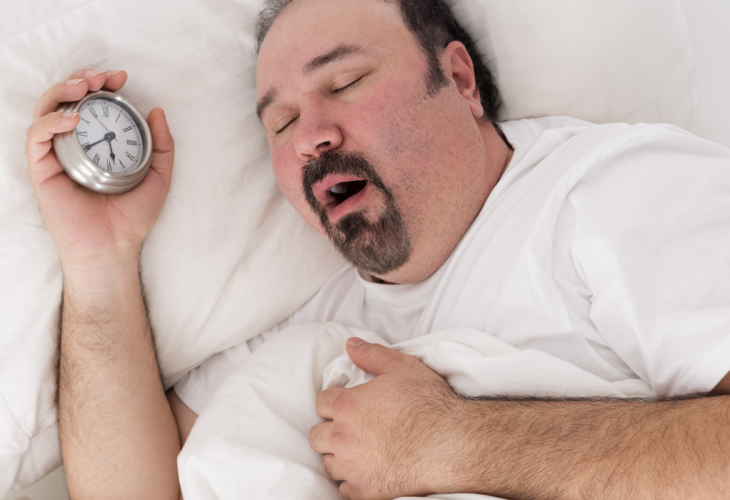The Surprising Health Effects of Sleeping with an Open Mouth
Ever wonder why some people sleep with their mouths open and how it affects their health? Discover the impacts on sleep quality and overall health.

Many people sleep with their mouths open at night, and whether you are one of them or not, it is important to understand the risks associated with this habit.
Before delving into the dangers and what sleeping with an open mouth can do to your general health and sleep quality, it's crucial to address why this happens in the first place. So why do some people sleep with their mouths open? The primary reason is nasal blockage, often caused by a winter illness. However, when it's not due to such illnesses, it may also occur due to nasal polyps, chronic sinusitis, or various allergies.
According to Vladimir Troshin, an ENT specialist at 'Maccabi Health Services,' there are additional and even more concerning reasons such as weakness in the jaw muscles and the muscles used for chewing. In adults, this can result from neurological diseases that began in childhood and lead to weakening of the mouth muscles in adulthood. People with chronic diseases bordering on breathlessness may also get accustomed to breathing through their mouths.
So why is this a problem? How does sleeping with an open mouth negatively impact our health? Dr. Troshin highlights an important characteristic that many of us might not notice: individuals who sleep with their mouths open often tend to live with their mouths open and breathe through them in general. "When a person sleeps with their mouth open, it's highly likely they'll also breathe through their mouth during the day," explains Dr. Troshin. "When a person breathes through the mouth, the air that enters the body is cold and dry and often contains many bacteria, which increases the risk of various diseases."
And if that's not enough, mouth breathing (also known as oral breathing in professional terms) affects sleep quality. How? Breathing through the mouth reduces blood oxygenation by 30% compared to nasal breathing, and a body receiving less oxygen is naturally more fatigued and may even face developmental delays (particularly in children).

